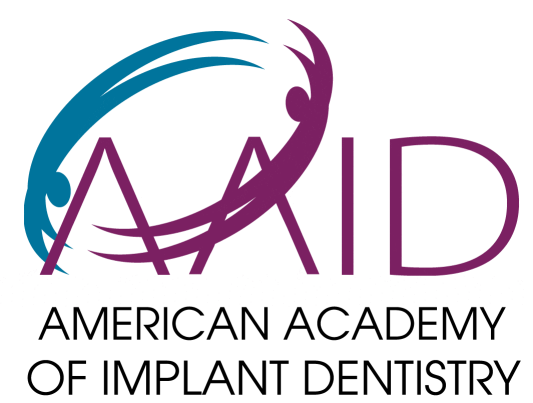Over 30 million adults suffer from temporomandibular joint dysfunction (TMJD or TMD), more commonly called TMJ disorder. This condition causes pain in the jaw joints and muscle tension that makes tasks like chewing difficult. As Invisalign providers, patients at Lansdowne Family Dental sometimes ask – can aligners negatively impact TMJ symptoms?

Below we’ll explore the causes of TMJ disorder, whether Invisalign affects symptoms, and proactive steps you can take for relief when straightening your smile.
What Triggers TMJ Disorder?
The temporomandibular joints connect your lower jaw (mandible) to the temporal bone at the sides of your head. These hinged joints allow your jaw to open and facilitate chewing motions.
TMJ disorder involves inflammation or deterioration that interferes with proper joint function. Typical causes include:
- Jaw trauma or injury
- Grinding/clenching (bruxism)
- Missing teeth
- Misalignment of upper and lower jaws
- Stress and tension of facial muscles
- General cartilage wear over time
Issues like tooth grinding and misaligned bites put added pressure on the TM joints, leading to eventual pain and soreness. Fixing occlusion (bite alignment) problems is key for minimizing discomfort long-term.
Can Invisalign Alignment Changes Increase TMJ Discomfort?
So how might adjusting your teeth position affect TMJ disorder symptoms?
Invisalign aligners work by slowly shifting the placement of teeth over several months with custom plastic trays. As this happens, tissues adapt and jaw joints settle into updated positions. Most patients feel only minor tightness that resolves within days of each tray stage.
However, some inherent risks around TMJ pain may arise when wearing Invisalign or other orthodontics:
- Muscle stiffness from consistent aligner pressure
- Tenderness encouraging teeth grinding or clenching
- Ongoing joint inflammation adjusting to new alignments
- General headaches or discomfort in nearby areas
Thankfully any potential worsening of TMJ disorder from Invisalign is usually temporary – subsiding once your bite and joints stabilize. Still, proactively minimizing risk is smart.
Tips to Prevent TMJ Problems with Invisalign
If you already struggle with symptoms of TMJ disorder, share this with our Lansdowne Family Dental team during Invisalign consultations and throughout the process. Together we can take precautions like:
- Adjusting your treatment plan and timeline
- Avoiding over-advancement of your actual jaw
- Prescribing pain medication to preempt discomfort
- Using bite ramps for gradual adjustments
- Applying heat therapy as needed
- Monitoring your case more frequently
- Prioritizing patient feedback and comfort
Staying in close contact with our orthodontists allows us to tweak your custom treatment if any concerning TMJ or headache issues emerge. We may also refer you to a specialized TMJ dentist or physical therapist for supplemental care.
Proactively managing TMJ disorder is vital when adjusting your smile with Invisalign or other orthodontics. At Lansdowne Family Dental we personalize your care plan based on your symptoms and risk factors.
Can Invisalign Also Improve TMJ Disorder?
The good news? While Invisalign brings low risks of complicating TMJ problems temporarily, it also offers solutions long-term.
By correcting bite alignment and positioning with custom trays, Invisalign treatment can alleviate sources of TMJ disorder like uneven wear, osteoarthritis, and tension.
As the joints settle into more balanced placements, pressure on connective tissues eases off. Reduced grinding and pain gradually minimize dysfunction. Patience through any temporary discomfort commonly pays off through lasting gains.
Talk to Us About Your TMJ Health History
In summary – untreated pre-existing TMJ disorder can potentially see short-term worsening with Invisalign as the jaw adjusts. But adhering to dental advice and proactively managing discomfort leads to corrective realignment preventing major long-term issues.
If you already deal with symptoms like headaches, tenderness, clicking, or limited range of motion from TMJ dysfunction, be sure to inform your care team before starting realignment treatment. Adjustments to the standard process may be needed to prioritize comfort.
With close collaboration and the right precautions when necessary, Invisalign remains an excellent route to improving smiles and bite functionality for many TMJ sufferers. Contact Lansdowne Family Dental to discuss your history and how we can optimize treatment!






